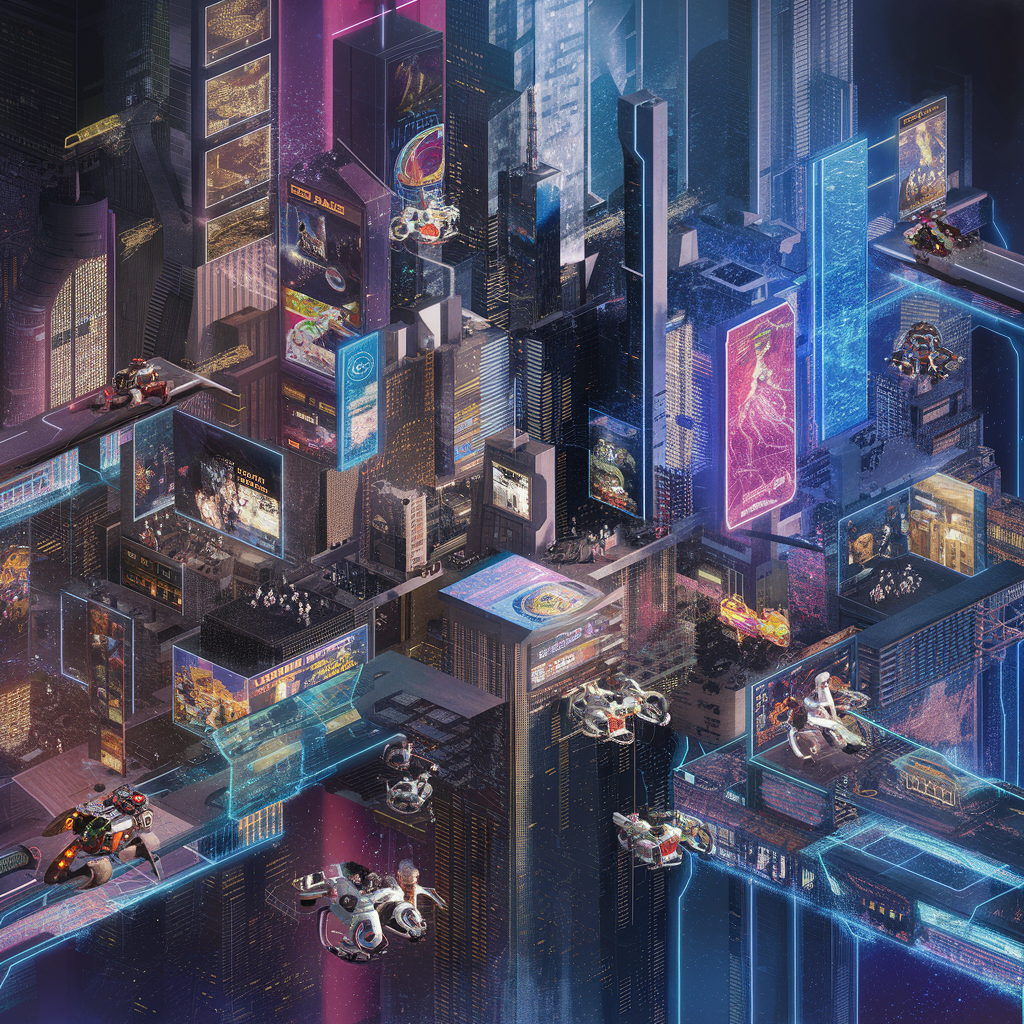RWU UAR: Exploring the Depths of Knowledge and Understanding

The phrase rwu uar may sound unfamiliar at first, but it opens the door to a fascinating exploration of how people perceive, create, and interact with knowledge in the modern world. Every culture, community, and academic discipline has its own terms that shape the way information is shared, processed, and passed on. In this article, we will take rwu uar not only as a symbolic term but also as a concept that can embody learning, transformation, resilience, and the pursuit of understanding.
To do justice to this theme, we will journey through history, human development, education, technology, philosophy, and the practical applications that shape our daily lives. Along the way, we will see how the human mind adapts to challenges, how societies grow from collective wisdom, and why critical thinking is more essential than ever.
This article is structured into several major sections. Each section builds upon the previous one, creating a holistic view of what “rwu uar” can mean in personal growth, education, leadership, technology, and even future innovations. By the end, readers will find not only a deep conceptual framework but also practical takeaways that can be applied to their own lives.
The Historical Roots of RWU UAR
Every concept has roots, and while “rwu uar” may be abstract, it reminds us of the importance of history. Human civilization has always been driven by curiosity, exploration, and the urge to systematize knowledge. Ancient societies developed oral traditions, scripts, and philosophies to express their worldview. For example, Mesopotamian tablets preserved calculations and trade records; Greek philosophers introduced structured debate and rational inquiry; and Eastern traditions emphasized harmony, wisdom, and balance. These early attempts were humanity’s versions of “rwu uar”—efforts to capture and preserve understanding in ways that could be transmitted across generations.
In medieval times, universities emerged as centers of learning, much like today’s institutions that continue to produce research and intellectual breakthroughs. The Renaissance reawakened Europe’s thirst for discovery, and the Enlightenment reinforced rationality as a key to progress. Each of these eras, in its own way, contributed to the global pursuit of structured wisdom. When we speak of “rwu uar,” we are indirectly referring to the accumulated history of how humans tried to codify, protect, and expand the boundaries of thought.
RWU UAR in Education and Learning
One of the most powerful arenas where “rwu uar” comes alive is education. Learning is not just about memorizing facts or passing exams; it is about cultivating the ability to think critically, apply knowledge in real-life situations, and adapt to new challenges. Traditional education often emphasized rote learning, but today’s world requires something much deeper. The ability to analyze, synthesize, and evaluate information is what makes education transformative.
In this sense, “rwu uar” represents the deeper layers of education. It symbolizes the way students internalize knowledge, reshape it, and use it as a foundation for innovation. In classrooms, teachers are not just instructors but facilitators who guide learners through problem-solving and inquiry-based approaches. With technology, the process of learning has expanded beyond textbooks into online platforms, digital libraries, and virtual simulations. Students across the globe now have access to knowledge at their fingertips, and this democratization of learning is a true manifestation of the essence of “rwu uar.”
The Role of Technology in RWU UAR
Technology has transformed human life in ways unimaginable just a few decades ago. From smartphones to artificial intelligence, technology has become the bridge between raw information and usable knowledge. In the context of “rwu uar,” technology is both a tool and a challenge. It provides unprecedented access to resources, but it also demands that users develop strong critical-thinking skills to separate truth from misinformation.
For example, artificial intelligence can analyze massive amounts of data, offering insights into medicine, education, and social behavior. Yet without ethical frameworks, AI can also be misused, leading to biases or harmful consequences. Similarly, social media platforms allow people to share knowledge widely, but they also spread rumors and falsehoods quickly. Thus, the concept of “rwu uar” in technology is about balance—learning how to harness innovation without losing sight of human values, ethics, and responsibility.
Personal Growth and Self-Discovery Through RWU UAR
Beyond formal education and technological tools, “rwu uar” speaks to the journey of self-discovery that every individual must take. Life is filled with challenges, failures, and successes that all contribute to a person’s growth. In this personal dimension, “rwu uar” can be understood as resilience, wisdom, and understanding—the ability to learn from mistakes, adapt to new environments, and continuously evolve.
Self-discovery often requires patience, introspection, and a willingness to confront uncomfortable truths. People who embrace this process often emerge stronger, more empathetic, and more capable of contributing meaningfully to society. “RWU UAR” is not just about acquiring external knowledge but also about aligning inner values with outward actions. It teaches us that wisdom is not static but dynamic, requiring constant reflection and refinement.
RWU UAR in Leadership and Society

No society can thrive without leadership that is guided by wisdom and responsibility. In governance, business, or community life, leaders who embody “rwu uar” are those who value integrity, foresight, and empathy. They recognize that decisions are not isolated events but ripple effects that influence entire communities.
Great leaders are often remembered not just for their achievements but for the vision and wisdom that guided their decisions. Leaders who lack “rwu uar” may gain short-term success but eventually cause harm through mismanagement or corruption. On the other hand, leaders grounded in ethical principles, inclusivity, and long-term thinking leave behind a legacy that shapes generations. The lesson here is clear: leadership is not about control, but about stewardship—about guiding others with wisdom and responsibility.
The Future of RWU UAR
Looking ahead, the question becomes: how will “rwu uar” evolve in the future? With rapid technological advancements, shifting global dynamics, and pressing challenges such as climate change, pandemics, and inequality, the need for deep understanding has never been greater. The future will require not only technical skills but also emotional intelligence, ethical reasoning, and the capacity to collaborate across cultures.
Education systems will need to shift toward lifelong learning, recognizing that knowledge is no longer static but constantly evolving. Technology will continue to play a central role, but human values must remain at the core. The future of “rwu uar” lies in the integration of intelligence with compassion, innovation with responsibility, and progress with sustainability.
Frequently Asked Questions (FAQ)
Q1: What does “rwu uar” mean?
>“RWU UAR” is used here as a symbolic concept representing wisdom, understanding, and resilience in various aspects of life such as education, technology, leadership, and personal growth.
Q2: How does “rwu uar” apply to everyday life?
It applies by encouraging individuals to think critically, make ethical decisions, and continuously seek self-improvement. Whether in personal challenges or professional settings, it helps guide behavior toward growth and responsibility.
Q3: Is “rwu uar” more about knowledge or wisdom?
It is about both. Knowledge provides the foundation, but wisdom—the ability to apply knowledge ethically and effectively—is the essence of “rwu uar.”
Q4: How can leaders practice “rwu uar”?
Leaders can embody “rwu uar” by valuing inclusivity, foresight, ethical responsibility, and empathy. They should make decisions that serve not just immediate interests but the long-term good of their communities.
Q5: How will “rwu uar” shape the future?
It will shape the future by influencing education, technology, and leadership. As challenges grow more complex, societies will depend on wisdom-driven approaches to problem-solving.
Conclusion
“RWU UAR” represents more than just a phrase; it is a framework for thinking about the human journey toward wisdom and understanding. It encompasses history, education, technology, personal growth, leadership, and the future. Each aspect reinforces the idea that knowledge without wisdom is incomplete, and wisdom without action is ineffective. By embracing the principles of “rwu uar,” individuals and societies can navigate uncertainty, harness opportunities, and create sustainable progress.




